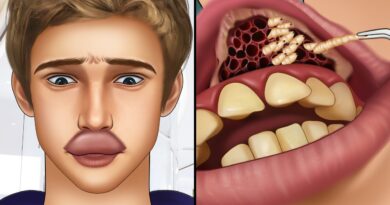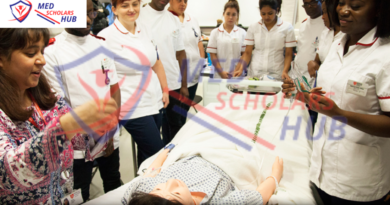Failed in USMLE Step 1? What to Do Next
One important exam that might significantly affect your chances of getting into your ideal residency program is the USMLE Step 1. Since you are aware of this, you spend months studying in order to be ready for it. However, things didn’t go as planned on the exam. What occurs, therefore, if one fails the USMLE Step 1?
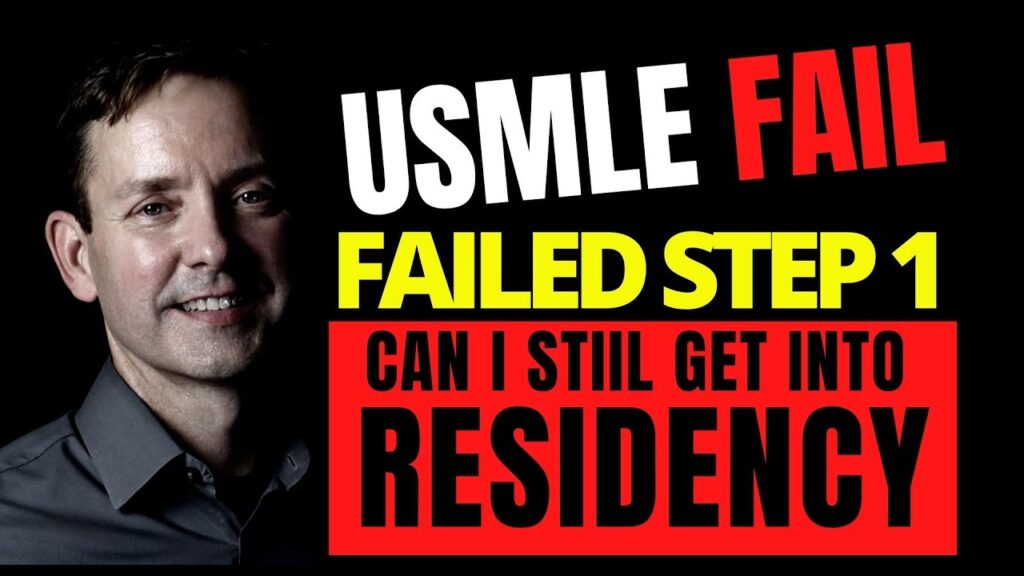
91% of students passed the first step in 2022; 1489 students, or nearly 10% of the total, had to retake the exam. Although it’s not ideal, failing Step 1 doesn’t mean you have to give up on your dreams of becoming a doctor or getting into the residency program of your dreams.
This article explains what happens if you don’t pass Step 1, what you should do next, and how to pass a critical test for medical school.
What Takes Place if the USMLE Step 1 is Failed?
You have the option to repeat the test if you don’t pass Step 1. Although you can technically take Step 1 four times in total, you can only do it three times in a calendar year. It must be at least 12 months after your first try and at least 6 months after your most recent attempt if you wish to retake the test.
Related Article: Can USMLE be Used in the UK? How to Translate USMLE dreams to a career in the UK
Even if one failure won’t always hurt your chances of being accepted, the time you lose is what counts most. USMLE Step 1 preparation requires a significant investment of time and energy, and it must be repeated if you don’t pass. As it is, your time in medical school is really restricted. You won’t be able to devote as much time to your education and extracurricular activities if you have to retake Step 1.
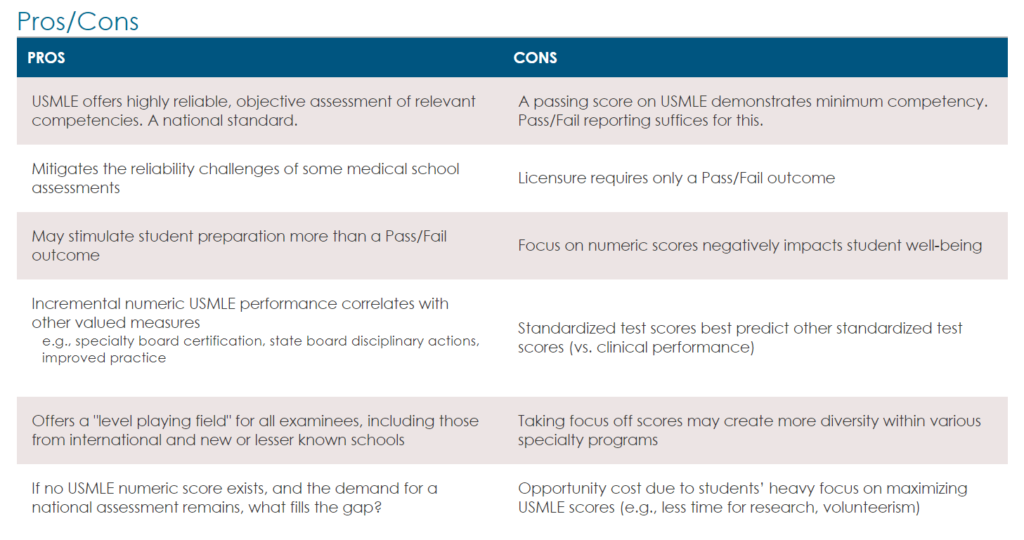
Achieving admission to the residency programme of your choice requires much more than just high exam results. You must have an outstanding record of long-term extracurricular activities, a diverse list of experiences, flawless grades, and compelling recommendation letters. When compared to other medical students, you are significantly disadvantaged if you have to commit time to retaking exams.
It goes without saying that it is not good to fail any of your Step examinations. Although you can recover, it’s crucial to remember that residency programs are able to determine how many times you’ve attempted the test. Admissions committees for residency programs view their applicants as investments. You become a far riskier investment than someone who passed the first time if you fail Step 1.
Related Article: USMLE Common Questions & Answers – Everything You Need to Know About USMLE
What Next If You Fail Step 1
1. Recognize Your Feelings
Step 1 failure is a severe stomach punch. You failed despite all of your effort and long study sessions. It’s a huge letdown, but before you schedule another exam or start studying right away, give yourself permission to feel your feelings.
It’s probable that you’re experiencing a mix of grief, rage, and guilt. There’s no need to be ashamed about this; it’s very normal. This is a disappointment, and it will make you feel bad.
You run the risk of lashing out at others around you if you don’t acknowledge and deal with these emotions. Spend some alone time concentrating on your breathing. Don’t drive your car, don’t post about how angry you are on social media, just take time to reflect on this awful turn of events.
Now is a crucial moment. You’ll soon have to make some decisions about what to do next, and if you don’t deal with your feelings, you’ll be far more likely to make snap decisions that you’ll later come to regret.
Remember that spending time by yourself doesn’t always mean spending it alone. Everybody handles emotions in a different way. Be alone if that’s what you desire. Reach out to someone if you need someone to depend on. Whatever makes you feel most at ease, just be sure to give yourself enough time to work through these challenging feelings. If you don’t, they could bottle up and become enraged at the smallest perceived provocation, which is not a good image for someone who wants to become a doctor.
2. Let Your Program Know
This is not the first person to experience it. After processing your feelings, get in touch with your academic counsellor and school if you don’t pass Step 1. Students in their upper year should be contacted if you are unsure about who to question.
Your programme will strive to make sure you succeed as much as possible. The school’s match statistics suffer if its students fail the Step test and do not match into residence, which also reflects poorly on the school. The school might be able to assist you alter your schedule to make more study time before your next test, or they could offer extra resources like tutors.
This is not the first person to experience it. After processing your feelings, get in touch with your academic counsellor and school if you don’t pass Step 1. Students in their upper year should be contacted if you are unsure about who to question.

Your program will strive to make sure you succeed as much as possible. The school’s match statistics suffer if its students fail the Step test and do not match into residence, which also reflects poorly on the school. The school might be able to assist you alter your schedule to make more study time before your next test, or they could offer extra resources like tutors.
3. Evaluate the circumstances
It’s critical to understand the possible reasons for your failure. Have you had a personal disaster? Did you employ the appropriate tools? Have you completed AMBOSS or UWorld entirely? Did you follow through on your plan? Have you taken as many tests and practice questions as you could have? By responding to these inquiries, you’ll be able to identify your mistakes and improve for the next time.
You may find out how close you were to passing the NBME. You might simply need to commit a few extra weeks to studying and retake the test if you were just barely off. You will need to extend your study session if you did not pass. You could have to start putting things off in order to make up clerkships after Match, or you might need to take a leave of absence to concentrate on your studies.
Restart your thinking, get back up, and dust yourself off. To maximize your effect, concentrate your efforts on your areas of weakness. While it’s true that this setback will damage your confidence, remember that 71% of those who retry Step 1 pass. You belong to the majority.
It will be different the next time.
4. Create a Detailed Action Plan
Don’t just hope for a different outcome on the next exam. Create a detailed action plan since you cannot afford to make the same mistakes twice. How are you going to change the way you study? When are you going to study? Which tools are you going to use? Don’t create your strategy until you have given careful thought to your personal habits, shortcomings, and talents. You must have a plan that you can and will follow.
If at all feasible, work with a tutor to create a strategy that is specifically customised to your areas of weakness, or consult a mentor who is well-versed in your situation for guidance.
After you’ve created a sound strategy, believe in it, and do your best to follow it. As you proceed and your strengths and limitations change, make the necessary modifications to that strategy.
5. Take A Lesson From Past Experience
Apply the knowledge you gained from this setback to your future study techniques in preparation for Step examinations. Now that Step 1 is pass/fail, it is critical to crush Step 2 CK in addition to failing Step 1.
Ultimately, you may utilise your bad experience with Step 1 to highlight your fortitude and capacity to bounce back from adversity when applying to residency programmes. You have the ability to turn this setback into a learning opportunity that showcases your resilience and unwavering willpower in the face of difficulty.
In your residence application, take on this setback head-on and provide a detailed account of your particular situation. You don’t actually fail until you give up.
Strategy to Avoid Failing Step 1
Consider Your Passing/Failing Seriously
We can’t emphasize this enough: Give Step 1 your full attention. The effect of failing Step 1 remains the same even after the numerical result is converted to pass/fail. How many times you’ve taken the Step tests is fully visible to residences, and admissions committees view failing the Step 1 as a serious red signal.
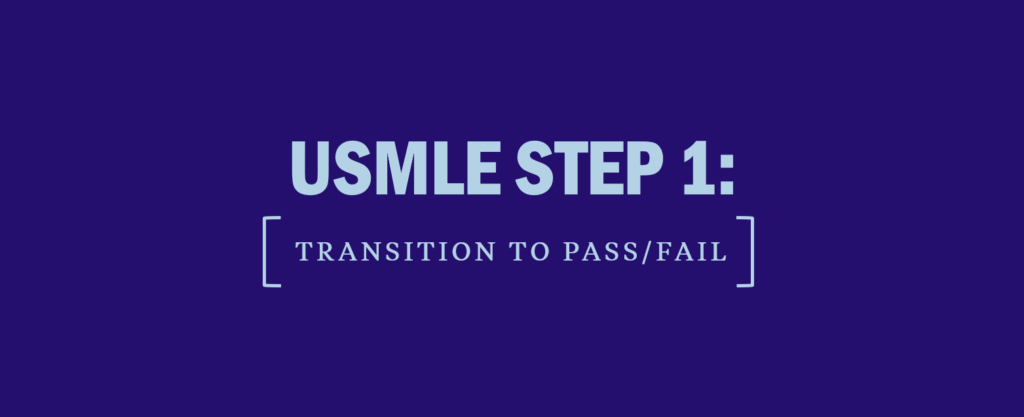
Residency programs aim to assess your ability to focus and work hard for a designated period of time in order to achieve a particular goal. They utilize it as a stand-in to assess how you would do in a high-volume hospital or surgery setting where you would be required to stay at the hospital for a predetermined period of time and be on call.
Take care not to slack off on this test. To avoid having to redo things, do it correctly the first time.
Select Resources and Study Techniques Wisely
Avoid overusing resources. You don’t have to use all of the tried-and-true Step 1 tools, UFAPS (UWorld, First Aid, Anki, Pathoma, and Sketchy)—especially if you’re doing Step 1 for the second time.
Select a few essential study tools and use them consistently. For instance, stay with UWorld and Anki or AMBOSS with Anki. This is due to the fact that many resources have duplicate uses when combined. It is unwise to spend your time trying to go through as many sites as you can because you will only be reviewing the same information.
You don’t have much time left. Focus on your areas of weakness and carefully go over the material you missed on both the practice and actual exams. Make use of as many practice tests and questions as you can.
How well you did on Step 1 the first time will determine a lot of your study tactics this time. It’s unlikely that you need to adjust your study methods or resources very much if you were really near to passing. All you have to do is focus twice as much on your areas of weakness.
If you significantly underperformed and it wasn’t brought on by a personal or family emergency, you might reconsider your approach to studying. Seek out Step 1 instruction and peruse our in-depth tutorials on Active Learning and Evidence-Based Study Strategies.
Create a Schedule That Works for You
Don’t take other people’s study methods as your own. How much or how little time your roommate spends studying for Step 1 is irrelevant. If you’re constantly studying in a group, it may be difficult for you to identify your individual strengths and shortcomings, which is necessary to succeed on this test. By yourself, research what suits you best.
Assemble a healthy physical and mental environment for yourself, and schedule time for rest periods that help you reenergize. This may be taking a walk, working out first thing in the morning, or cooking together with your partner after a long day of studying. It’s critical that you discover something to look forward to when the study session is over. To keep your attention and mental well-being, you need to see some sort of hope.
This is the point where you must persevere in bolstering your ambition to become a doctor. Developing a routine that works for you on Step 1 and beyond requires knowing your own habits, strengths, and limitations in particular.
Make the Most of Your Study with a USMLE Step 1 Tutor
No matter how many times you can theoretically retake Step 1, you cannot afford to flunk this crucial exam again. Ensure your success by using Lecturio or MedicMind. They provide individualized, one-on-one USMLE Step 1 tutoring with a tutor who used our Med School Insiders approach to ace their Step 1 test. As a result, you will be studying under the greatest.


